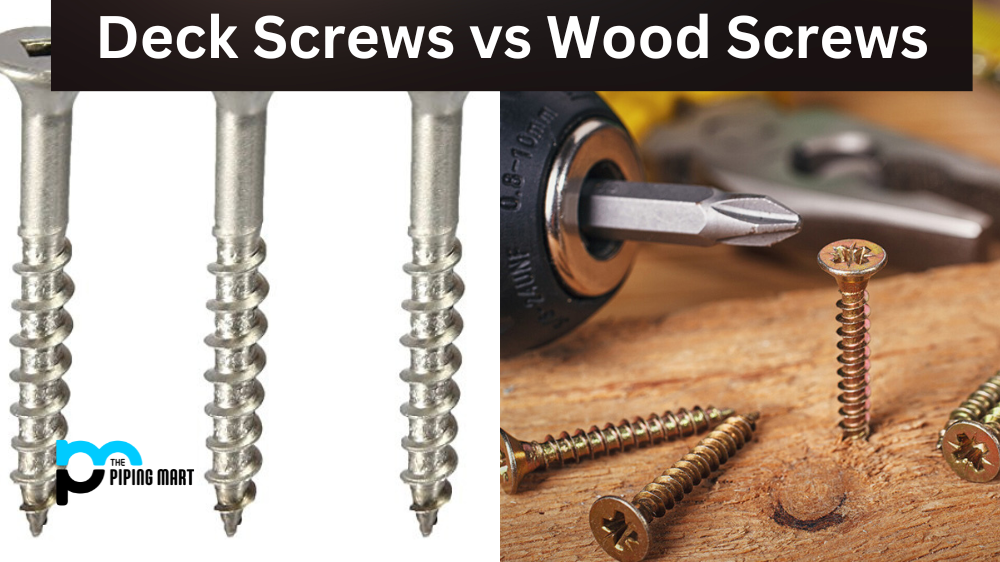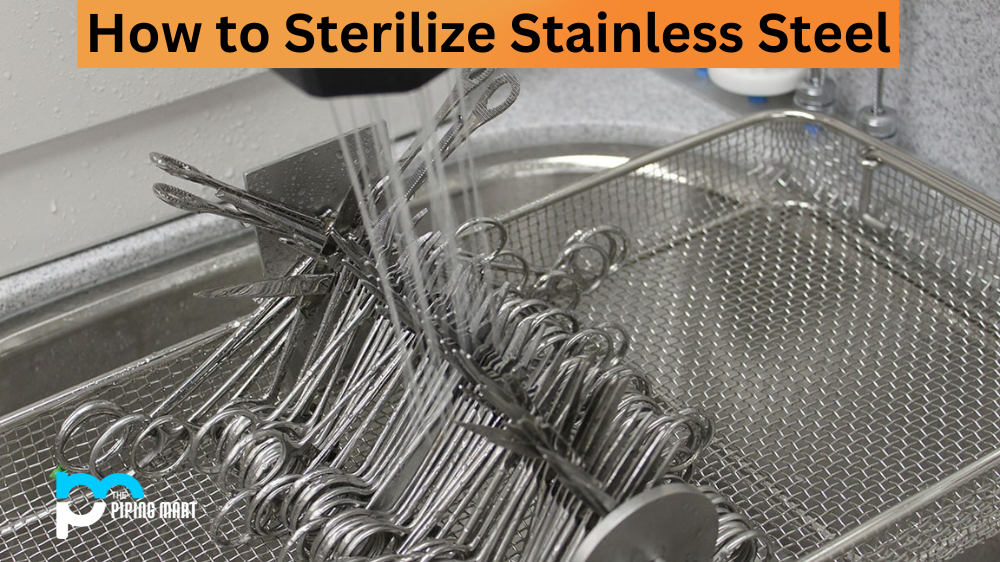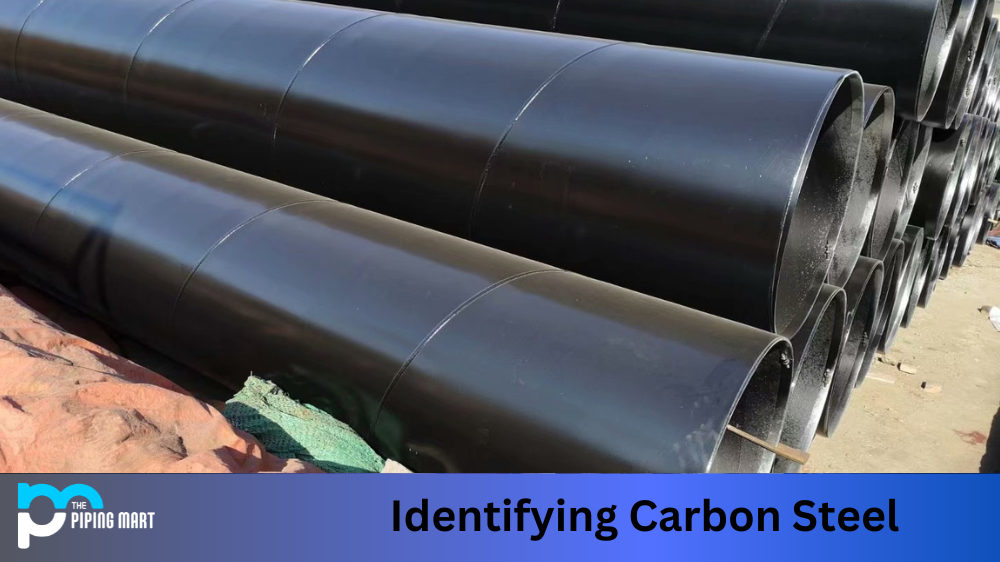When it comes to woodworking, there are many types of screws that can be used. Two of the most popular types are deck screws and wood screws. Although both types of screws may look similar, they have some key differences that you should be aware of before deciding which one to use for your project. Let’s take a look at what sets them apart.
Deck Screws
Deck screws are specifically designed to fasten boards together in outdoor applications, such as decks and fences. They are usually made from hardened steel and come with a coating that helps protect them from corrosion caused by the elements. They have sharp threads that cut through the wood fibres easily and create a tight bond between two pieces of wood without splitting them. Additionally, deck screws tend to be more expensive than wood screws.
Wood Screws
Wood screws are designed primarily for indoor applications, like furniture making or cabinetry work. They also come in hardened steel but don’t typically have any protective coating on them since they won’t be exposed to moisture or other corrosive elements like deck screws would be. Woodscrews also feature sharp threads but not as sharp as those found on deck screws; this makes them better suited for softer woods with less dense fibres. In addition, wood screws tend to cost less than deck screws do since they aren’t made for outdoor use and don’t require any additional protection from corrosion or rusting over time.
Difference Between Deck Screws and Wood Screws
- Deck screws are made from harder steel than wood screws, making them less likely to strip when being driven into hardwoods.
- Deck screws have a sharper point than wood screws, making them easier to start and less likely to split the wood.
- Deck screws are longer than wood screws, making them better suited for attaching boards to joists.
- Deck screws have a wider thread than wood screws, making them better at holding together two pieces of wood.
- Wood screws are made from softer steel than deck screws, making them more likely to strip when being driven into hardwoods.
- Wood screws have a duller point than deck screws, making them more difficult to start and more likely to split the wood.
- Wood screws are shorter than deck screws, making them better suited for attaching boards to studs.
- Wood screws have a narrower thread than deck screws, making them less effective at holding together two pieces of wood.
Conclusion:
When deciding between a deck screw and vs wood screw, it is important to consider the type of project you’re working on and the environment it will be exposed to before selecting which kind of screw is best for your needs. While both types of screws provide excellent holding power when used properly, their differences in design make one type more suitable than the other, depending on the job requirements. Knowing which style is best suited for your work ahead of time can help ensure that your project is successful and looks its best when completed
Sakshee is a talented blogger, with a particular focus on the Business and Metal Industry. She is passionate about sharing her insights on various metal products and helping professionals to make a better decisions.




